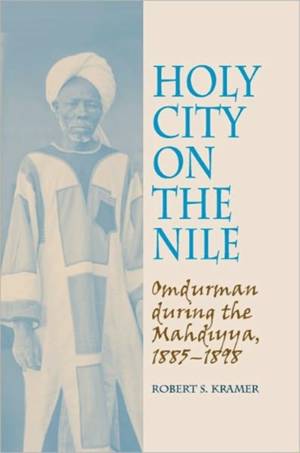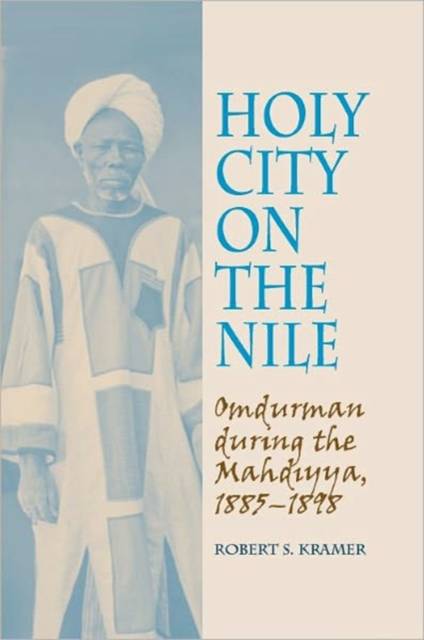
- Afhalen na 1 uur in een winkel met voorraad
- Gratis thuislevering in België vanaf € 30
- Ruim aanbod met 7 miljoen producten
- Afhalen na 1 uur in een winkel met voorraad
- Gratis thuislevering in België vanaf € 30
- Ruim aanbod met 7 miljoen producten
Zoeken
€ 39,45
+ 78 punten
Omschrijving
The late 19th century of the Common Era also marked the end of the 13th Islamic century, a time when millions of Muslims--especially in sub-Saharan Africa--fervently expected the arrival of a Mahdi, a "divinely guided one," who would fill the world with justice and equity and defeat the enemies of Islam. The Sudanese holy man Muhammad Ahmad, proclaiming himself to be the Expected Mahdi, famously led an uprising against Turco-Egyptian rule that culminated in the capture of Khartoum in 1885. Following his sudden death, his successor, Khalifa Abdallahi, ruled Sudan for 13 tumultuous years from Omdurman--"the Mahdi's city"--opposite Khartoum on the Nile. A self-consciously holy city, a place of pilgrimage, Omdurman was also Sudan's market center and political capital. Its history during this era of holy war and martyrdom reveals the complexities and compromises that accompany revolutionary times and addresses the question: How should one live day-to-day in a "holy city" at the End of Time? In our contemporary world of Islamist revolt and resurgent millennialism, Omdurman's history is particularly instructive.
Specificaties
Betrokkenen
- Auteur(s):
- Uitgeverij:
Inhoud
- Aantal bladzijden:
- 236
- Taal:
- Engels
Eigenschappen
- Productcode (EAN):
- 9781558765160
- Verschijningsdatum:
- 11/09/2010
- Uitvoering:
- Paperback
- Formaat:
- Trade paperback (VS)
- Afmetingen:
- 152 mm x 229 mm
- Gewicht:
- 349 g

Alleen bij Standaard Boekhandel
+ 78 punten op je klantenkaart van Standaard Boekhandel
Beoordelingen
We publiceren alleen reviews die voldoen aan de voorwaarden voor reviews. Bekijk onze voorwaarden voor reviews.







